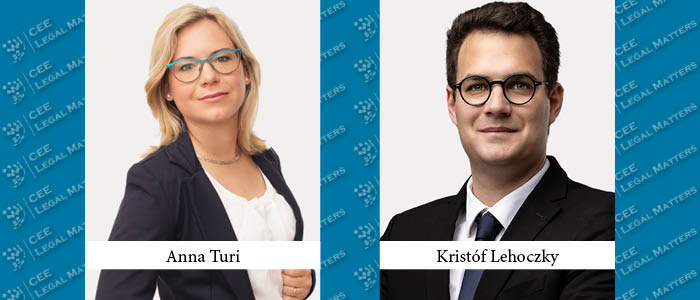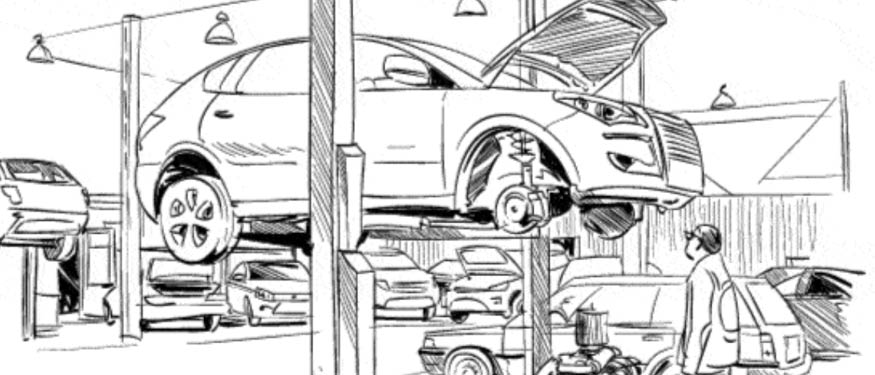The Hungarian Competition Authority (HCA) recently published a draft report on its findings based on an accelerated sector inquiry into Hungary's online accommodation booking market. The sector inquiry was launched on 24 August 2023 after the HCA received numerous complaints during the peak summer holiday season about the practices of Booking.com, a key market player, for withholding payments to accommodation providers.
However, the sector inquiry was not limited to the investigation of Booking.com's alleged unlawful practices, which would have entailed only a targeted investigation of that company. The HCA wanted to gain insight into the online accommodation booking market in Hungary and to establish whether competition on the market has been harmed in any way. It therefore analysed the sector from the competition law point of view as well as from an unfair consumer practice perspective, as the Hungarian watchdog is also in charge of the country's most significant consumer protection matters.
The HCA focused in particular on how online accommodation booking sites deal with their contractual partners, the accommodation providers. This sector inquiry is not without precedent: the HCA conducted a similar inquiry into the practices of online accommodation intermediaries in 2016.
As part of the current investigation, the HCA conducted dawn raids at the offices of major accommodation booking sites in Hungary, seizing documents and data storage devices. It also contacted market players with information requests and reached out to accommodation providers connected to these online platforms via market research. After analysing the collected data, the HCA formulated its conclusions and made a number of legislative recommendations regarding the online accommodation booking market. In the following we will summarise the most important findings of the draft report. OTAs and accommodation providers should pay attention when the final report comes out, as depending on the recommendations, the HCA may enforce the findings shortly after the report is published.
The HCA's findings and recommendations
The HCA recommends to the Hungarian legislator to prohibit both narrow and wide price parity clauses. Narrow price parity clauses are those applied by online booking platforms restricting accommodation providers from offering prices on their own sales channels (e.g. on the hotels' own website) that are lower than prices for the same room on the respective OTA sites. Wide price parity clauses prohibit the accommodation providers from offering lower prices anywhere for the same room – either on their own sites or on any other sales channel, including on the website of another OTA – than the prices offered on the respective OTA sites. By recommending the legal prohibition of both price parity clauses to the Hungarian legislator, the HCA aims to follow a solution that has been applied in other European countries and hopes to boost competition on the market, as the market report has revealed that accommodation providers tend to apply the same prices on different sales channels, even if there is no obligation to do so under a narrow price parity clause. This marks a change from the Hungarian watchdog's position in its 2016 market report, which only spoke out against wide price parity clauses but considered the use of narrow price parity clauses to be a suitable solution at that time.
More transparency in the ranking of search results for rooms
The HCA also points out in its draft report that an offer for specific accommodation appearing on top of the search list or at a lower position influences competition between accommodation providers. The ranking of an offer may depend on several factors, such as guest ratings, booking statistics, additional services offered by the accommodation provider, or in certain cases additional payments to the online booking platforms.
In the HCA's view it is problematic if online platforms provide better ranking results for accommodation providers in exchange for higher referral fees without informing customers. The HCA is also not satisfied with a solution where certain information on ranking methods is available for consumers but without providing clear, easily understandable orientation for them about how the search results are ranked.
The HCA recommends that accommodation intermediaries should start making the criteria for ranking search results transparent on their sites, including visible guidance notifying customers that a certain accommodation ranks higher because its provider agreed to a higher referral fee. The HCA also plans to set a 90-day deadline after publication of the final version of its report for platforms to comply.
More effective complaint management systems and suggested changes in contracts
One of the instigations for the inquiry was a series of complaints in the summer of 2023 that Booking.com withheld payments from its contractual partners, the accommodation providers.
The HCA highlights that while the general terms and conditions of the OTAs foresee a detailed and well-defined set of rules regarding the contractual shortcomings of hotels and other accommodation providers, the same cannot be said about similar situations where online platforms violate their obligations under their contracts with hotels.
To resolve this, the HCA urges large online booking sites to introduce a contractual framework with clear, well-defined mechanisms, including the consequences of a breach of contract by online platforms, and to set up a more effective system for dealing with complaints from contractual partners, guaranteeing a more effective in-house problem-solving mechanism.
Next steps
The report is still considered a draft, which market players are allowed to comment on until 20 November 2023. Therefore, its content and conclusions may still be subject to changes due to the various comments. Nevertheless, the draft report provides a good indication for market players of current or previous practices that the HCA suspects may violate the applicable competition and unfair consumer practices rules. The HCA's recommendations set out red flags that the HCA will be looking for in its future investigations.
The Hungarian parliament seems to be following the draft report closely even at this stage. The economic committee has already put the draft report on its agenda and discussed it. This may signal that the parliament is keen to assist the HCA by legislative means, though perhaps a little prematurely given that the comments phase has not been completed yet.
In any case, online accommodation booking providers in Hungary are advised to keep an eye on the adoption of the final report and to review their contractual frameworks, complaint management systems and current practices, as these will need to comply with the standards set by the HCA in its report. Once a report is adopted, the HCA will act on and enforce the rules and recommendations laid down in it within a short time.
By Anna Turi, Counsel, and Kristof Lehoczky, Associate, Schoenherr













